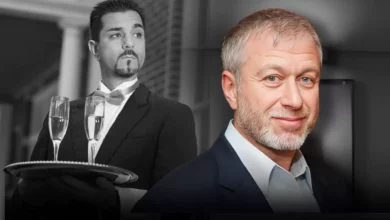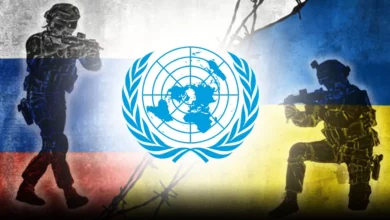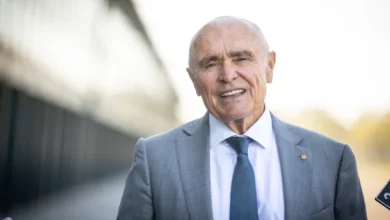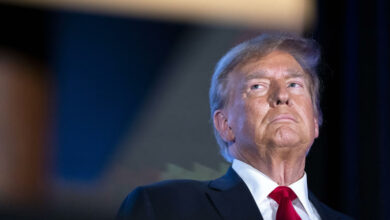Russian Oligarch Oleg Deripaska Challenges Australian Sanctions in Court
Russian oligarch Oleg Deripaska, who has faced sanctions due to suspected connections with Vladimir Putin, has requested the court declare Australia’s sanctions system null and void.
In March of the previous year, Australia implemented sanctions against Russian oligarch Oleg Deripaska, barring him from visiting Australia and benefiting from his company’s investment in an alumina refinery in Gladstone, Queensland. The then foreign minister, Marise Payne, stated that these sanctions were intended to exert “pressure on oligarchs in proximity to Vladimir Putin,” the President of Russia.
Oleg Deripaska’s Federal Court Challenge

Russian oligarch Oleg Deripaska initiated a legal challenge in federal court against a decision made earlier this year, seeking a judge to nullify it. Recently, he updated his case to request a court declaration stating that the Autonomous Sanctions Regulations 2011, enabling the imposition of Australian sanctions, are deemed “invalid.” The oligarch argues that these sanctions regulations are invalid as they prevent him from personally visiting Australia and seeking legal recourse against the sanctions decision.
His attorneys are only allowed to initiate legal proceedings on his behalf in court if they have the minister’s approval and if specific conditions are met. Additionally, their ability to discuss any government decisions related to Deripaska is restricted in a way that goes against the implied constitutional right to political communication.
Christian Porter, a former attorney general, was a member of Deripaska’s legal team, according to the Perth-based firm Pragma.
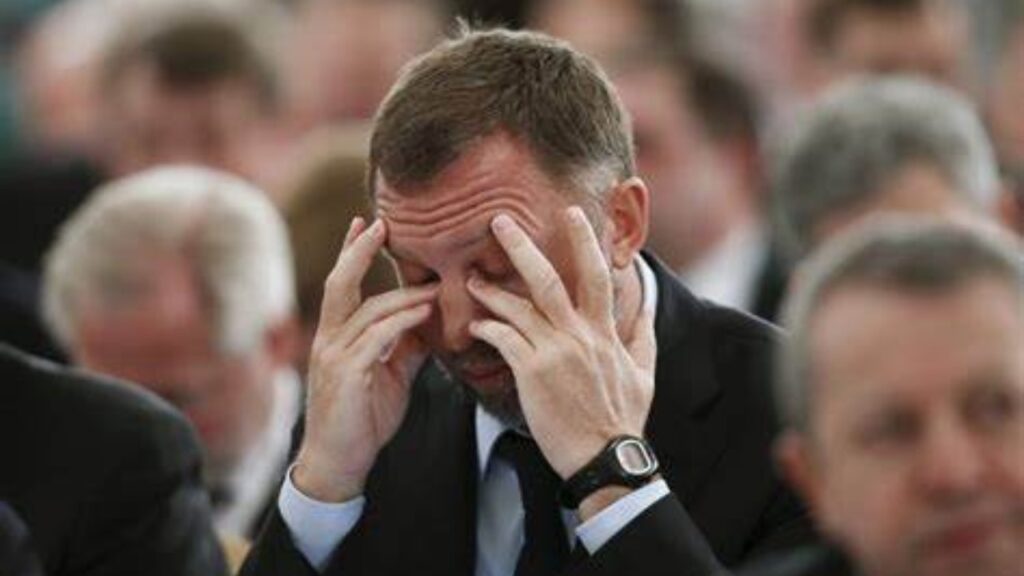
The Department of Foreign Affairs and Trade declined to comment on this new development in Deripaska’s case because it is currently under judicial consideration.
Deripaska was one of the oligarchs who faced sanctions from the United States in 2018. These sanctions were imposed due to various reasons, including Russia’s annexation of Crimea in 2014. Additionally, he was targeted by both the United Kingdom and the European Union, as they took measures against influential business figures in response to the conflict in Ukraine.
Russian Oligarch Oleg Deripaska Interview
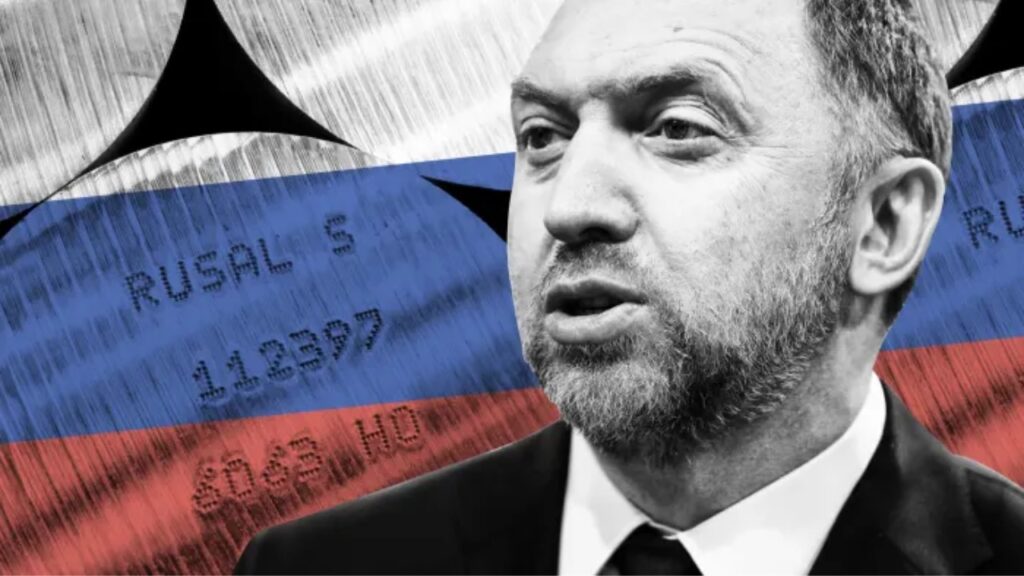
In a recent interview with the Financial Times, Deripaska expressed his view that Russia had unexpectedly managed to endure the sanctions imposed on it following its involvement in the Ukraine conflict. He confessed that he had previously believed these sanctions would financially cripple the Russian government but was taken aback by Russia’s ability to withstand them.
“I was surprised that private business would be so flexible. I was more or less sure that up to 30% of the economy would collapse, but it was way less,” he said.
“Yes, there is war spending and all this kind of subsidies and government support but still it’s a surprisingly low slowdown … The private economy found its way to operate and to do so successfully.”
In March, Deripaska stated that Russia might face a financial shortage by the following year unless the nation obtains investment from supportive nations due to the impact of Western sanctions.
There will be no money already next year. We will need foreign investors,” he told an investment conference in Siberia. “Now, for the next 25 years, we will think more about our Asian past.”
The Australian government stated that its decision to impose sanctions on Deripaska was based on his “strong personal connections with Putin.” This, combined with his business activities, led the government to believe that he had been involved in actions or functions that held economic or strategic importance for Russia, as indicated in court documents. Additionally, the government pointed out that Deripaska had openly admitted to not distancing himself from the Russian state and had acknowledged possessing a Russian diplomatic passport.
Deripaska’s Firm Rejection
Deripaska characterised those claims as “ambiguous” and originating from an “uncertain source.” Additionally, he refuted any involvement on his part in activities of economic or strategic importance for Russia.
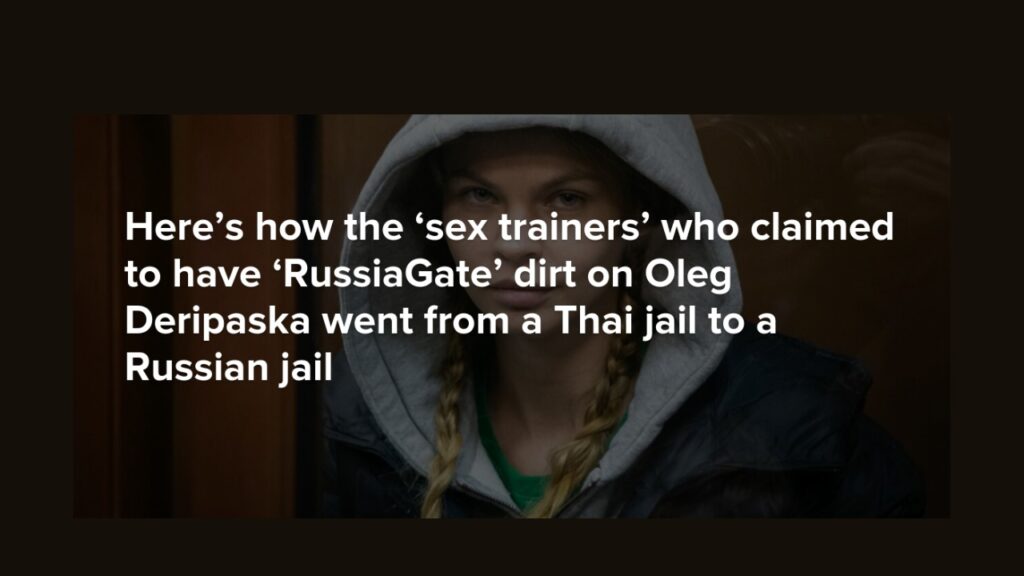
He disputes the Australian sanctions by asserting that he is not currently involved in any activity or performing a role that holds economic or strategic importance for Russia.
His legal papers also characterised the sanctions as “legally unjustifiable” and “illogical,” stemming from an “inappropriate utilisation” of Australia’s authority to impose sanctions.
Deripaska established Rusal, the largest non-Chinese aluminium producer, along with its parent energy firm, En+. He amassed his wealth by acquiring shares in aluminium refineries globally. While he initially voiced doubts about the Ukraine invasion, stating that he perceived it as having “no merit,” he has subsequently moderated his disapproval.

